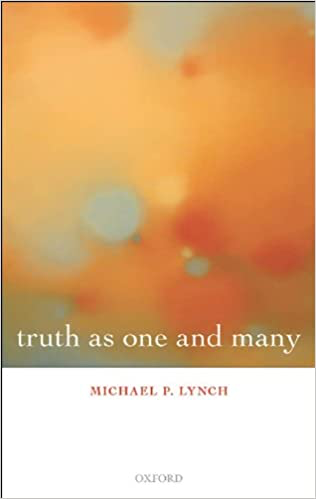Explaining Truth for Humans
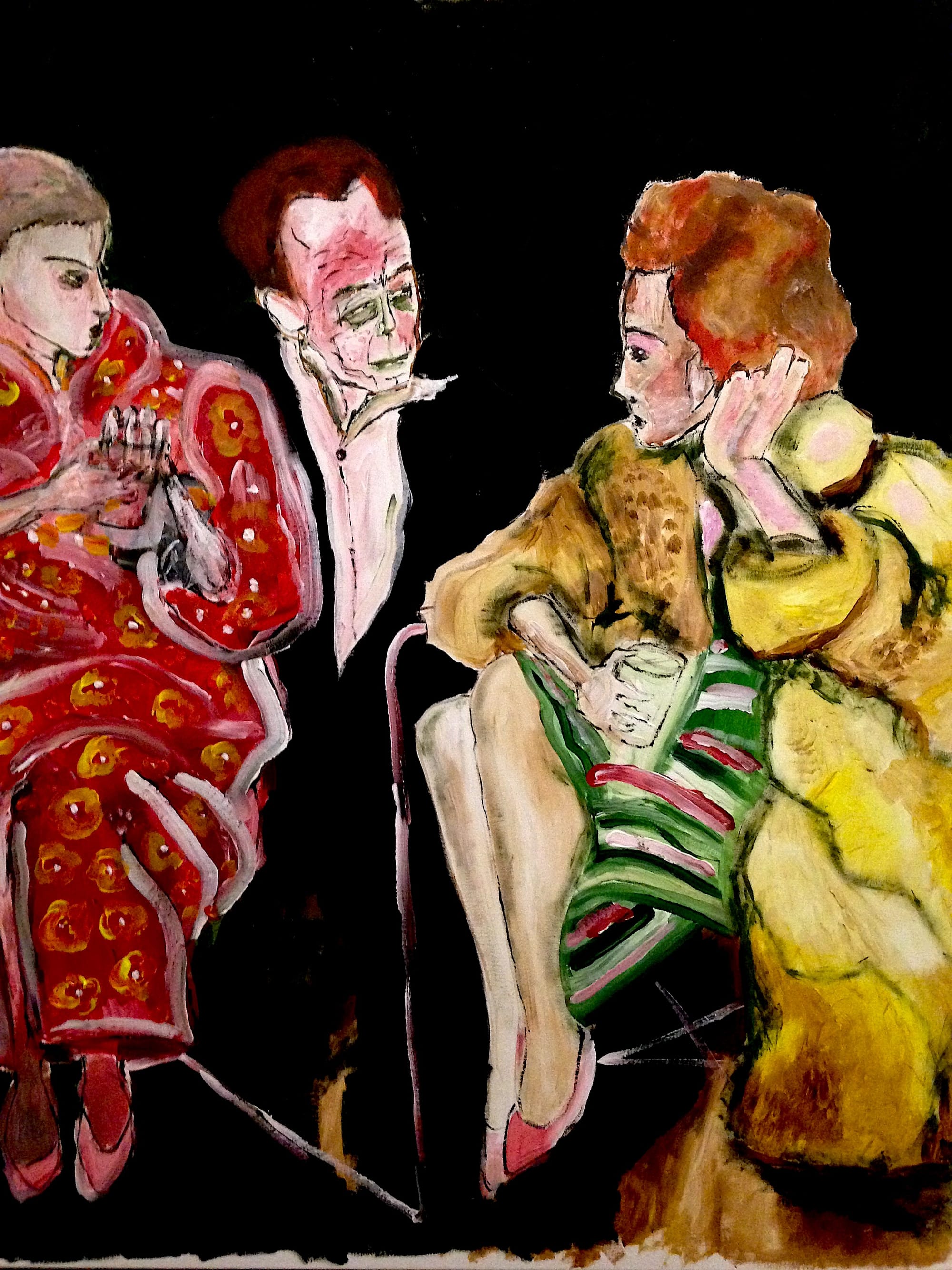
By Michael Patrick Lynch
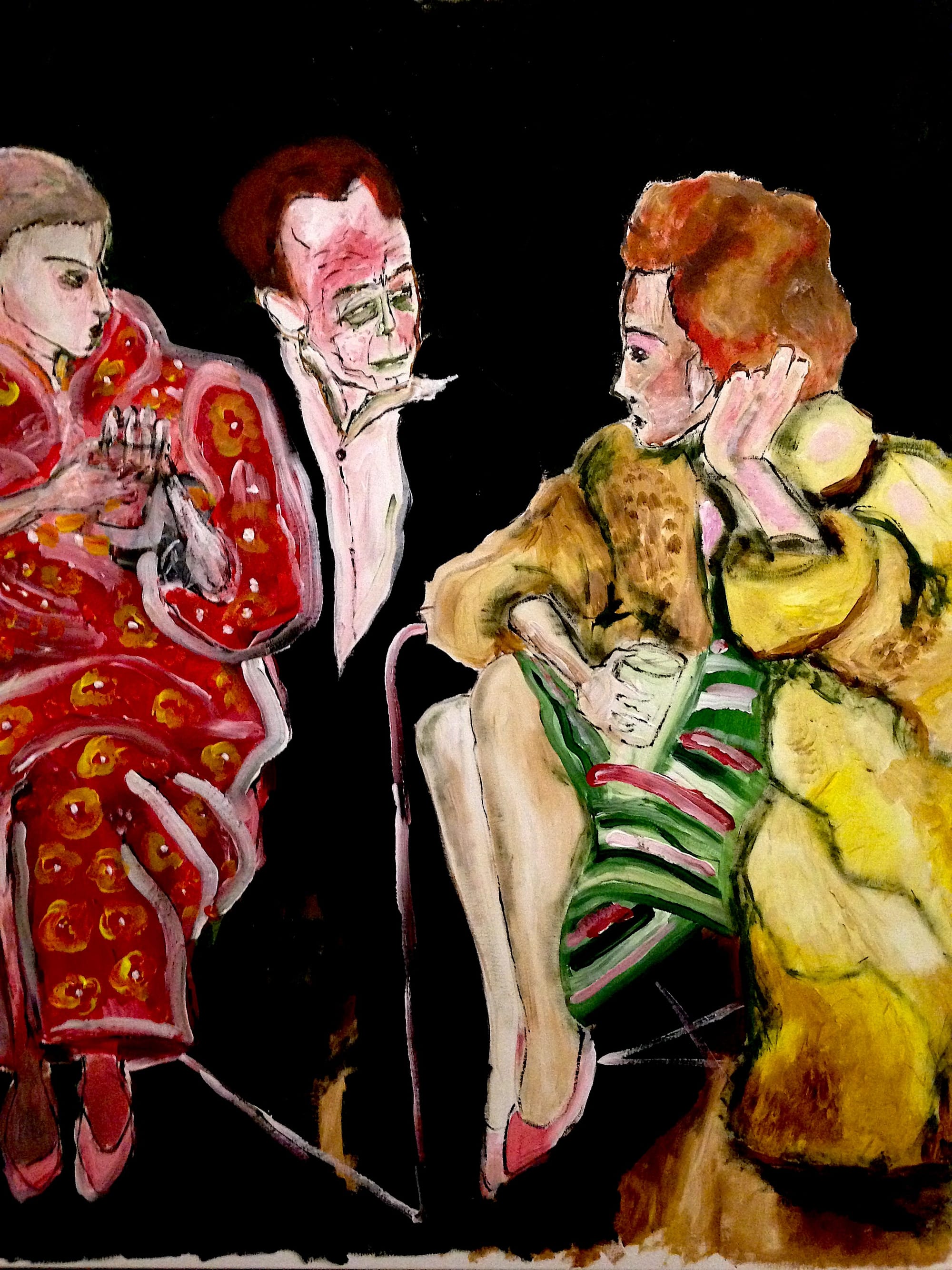
“What is truth?”, like, “What is Justice?” is a classic philosophical question, and rightly so. But as with other fundamental questions, how we approach it can tell us as much about ourselves—that is, the culture we are living in—as our answers to it.
I was reminded of this lesson while re-watching this fascinating discussion of the nature of truth by Sir Peter Strawson and Gareth Evans. Strawson and Evans were leading lights of two different generations of English philosophers working in the mid-twentieth century. (One wears a dark suit, the other mod boots, but both seem a bit rumpled—perhaps due to the fact that the film is a 2ndtake, the first having been lost by the photographer’s very philosopher-like mistake of having forgotten to put film in the camera).
Much of their discussion concerns a question I’ve long been concerned with myself: what, if anything, is in common between a truth like “the president is not wearing a mask” and “it is wrong to knowingly expose someone to an infectious disease”. The former, we might think, is true because it corresponds to facts in the physical world. But what makes the latter true?
At the very end of their discussion, Strawson makes a telling point about how to approach the question. Evans has just suggested that perhaps the way to distinguish between statements of morality and talk about middle-sized dry goods is to say that statements made about the latter actually express beliefs and the former do not. As Strawson rightly notes, this seems to just push the problem back—to distinguishing “belief-expressing” discourse from the other kinds. if this sort of answer (or any answer) is going to be helpful, he suggests, what we need is an explanation. It is an explanation of truth that we are after, not just a simple definition.
These are telling and important words—although Evans might well have asked, if he had time, what sort of explanation Strawson had in mind. For many philosophers working on truth during the twentieth century, explaining truth amounted to giving an analysis of the meaning and use of the word “true” – and, in particular, whether its meaning and use is exhausted by the T-schema (or the idea that “p” is true if, and only if, p). According to one still dominant view, there is little to say about the matter beyond pointing out that, as illustrated by the T-schema, it can serve as an indirect way of referring to the world, and therefore “true” can function as a useful logical device for generalization. Rather than having to say that the president is ill, for example, we can say “the statement that the president is ill is true” and rather than having to drearily repeat and affirm everything Socrates says, we can simply nod sagely and say, “Everything Socrates says is true”.
There is much to be said, both pro and con about such a view, and I found Evans and Strawson’s discussion of it charming and rewarding. Like Doug Edwards, I was particularly delighted that Strawson entertained a precursor to what is now called pluralism about truth – the idea not all statements may be true in the same way. I have long found that idea, forcefully defended by Crispin Wright in contemporary times (but arguably by James before that and perhaps by Simon Blackburn in Spreading the Word) as pointing down the path of wisdom.
But after re-watching the recording now—during a global crisis when the United States teeters on the brink of destruction due in part to a storm of misinformation and falsehoods—I wonder whether we shouldn’t broaden our sense of what would count as a satisfying explanation of the nature of truth.
Think about the parallel question I raised in the first sentence. When we ask about the nature of justice, we typically don’t expect the answer to come in the form of a simple definition. Here our need for a broader, more illuminating explanation is pressing—in part because we are keen to apply the answer to real questions of the day. Even so, much of the latter half of the twentieth century did end up discussing justice from fairly abstract heights. Much of that work, by Rawls and Nozick, for example, was brilliant, but like work on truth being done at the same time, it often pushed aside the real for the ideal—sometimes helpfully, but sometimes at the expense of losing sight of why we need an explanation for such things in the first place. We care about understanding justice and truth not because we need to show a fly out of a fly-bottle (with all due apologies to Wittgenstein, the fly can show himself out) but because in times of crisis, we want to understand how to conquer injustice, and how to recognize falsehood.
So here’s a suggestion. Let us continue our search for the nature of truth, but let’s cast a wider, and more inclusive, explanatory net which, like this splendid series, brings more voices to the table. Explanations for weighty issues like justice or truth require answering questions about how we know about such things, how our views on such matters are shaped by our social, political, gendered and racial lives, and why we should care about these topics in the first place. We can, of course, insist that epistemology is distinct from value theory, which is different from metaphysics, which is different from semantics, and I’m not suggesting we confuse these endeavors. My point is that a fully satisfying explanation of something like truth will require saying something in all of these subjects.
So in addition to the role that the T-schema plays in our understanding of truth, let’s also think about the various political and social values attached to truth and its pursuit, and the function of the language we use when signaling to each other that this claim represents the world and this does not. Let’s not forget why it is important to understand whether our political principles can be true, and how they can be false—because our answers can themselves play a role in both how we understand those principles and in our commitment to them. In short, let’s not lose sight of the fact that when asking about the nature of truth, our explanation should be as wide and complex—and human—as the topic itself.
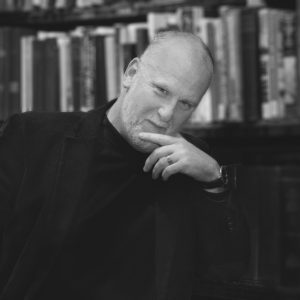
About the Author
Michael Patrick Lynch is a philosopher at the University of Connecticut. His writing concerns truth, politics and the ethics of technology. In 2019, he was awarded the George Orwell Award for Honesty and Clarity in Public Language.
His books include:
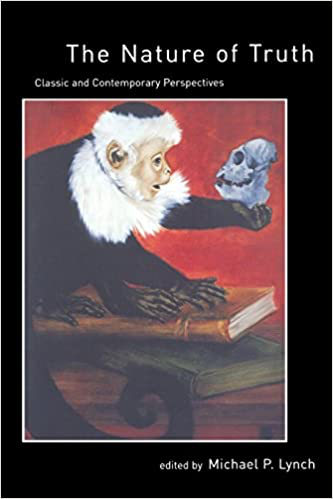
The Nature of Truth, 2ndedition
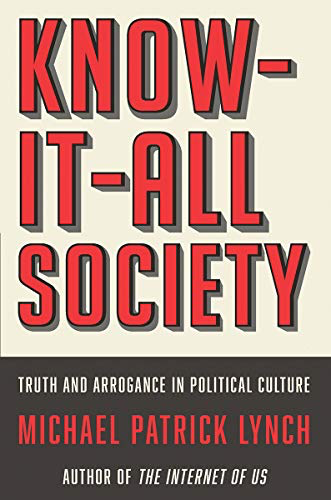
Know-it-All Society: Truth and Arrogance in Political Culture
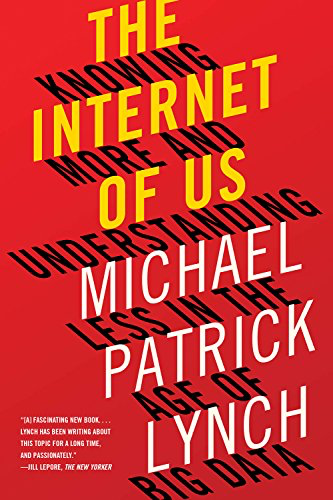
The Internet of Us: Knowing More and Understanding Less in the Age of Big Data
